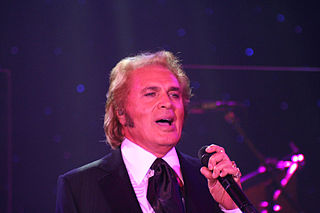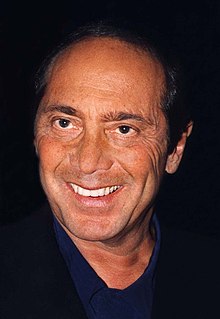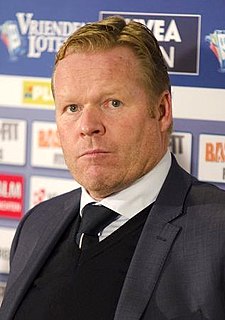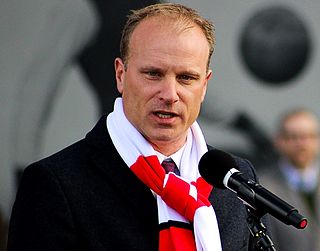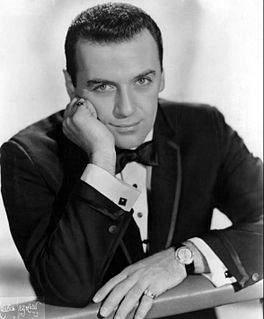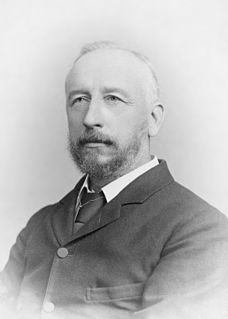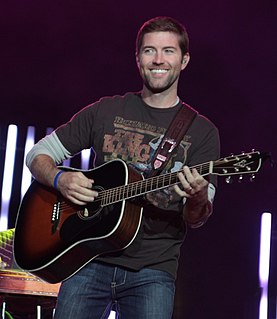A Quote by Engelbert Humperdinck
My first manager was Gordon Mills, who I'd met right at the beginning. We shared a flat in London and traveled with rock bands doing one-nighters. Later, he became a songwriter and manager whose stable was Tom Jones, Gilbert O'Sullivan, and myself.
Related Quotes
The manager administers; the leader innovates. The manager has a short-range view; the leader has a long-range perspective. The manager asks how and when; the leader asks what and why. The manager has his eye on the bottom line; the leader has his eye on the horizon. The manager accepts the status quo; the leader challenges it.
